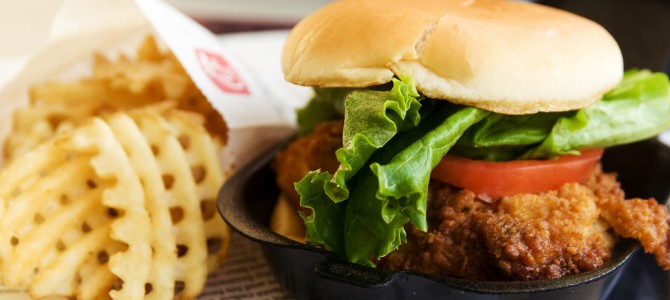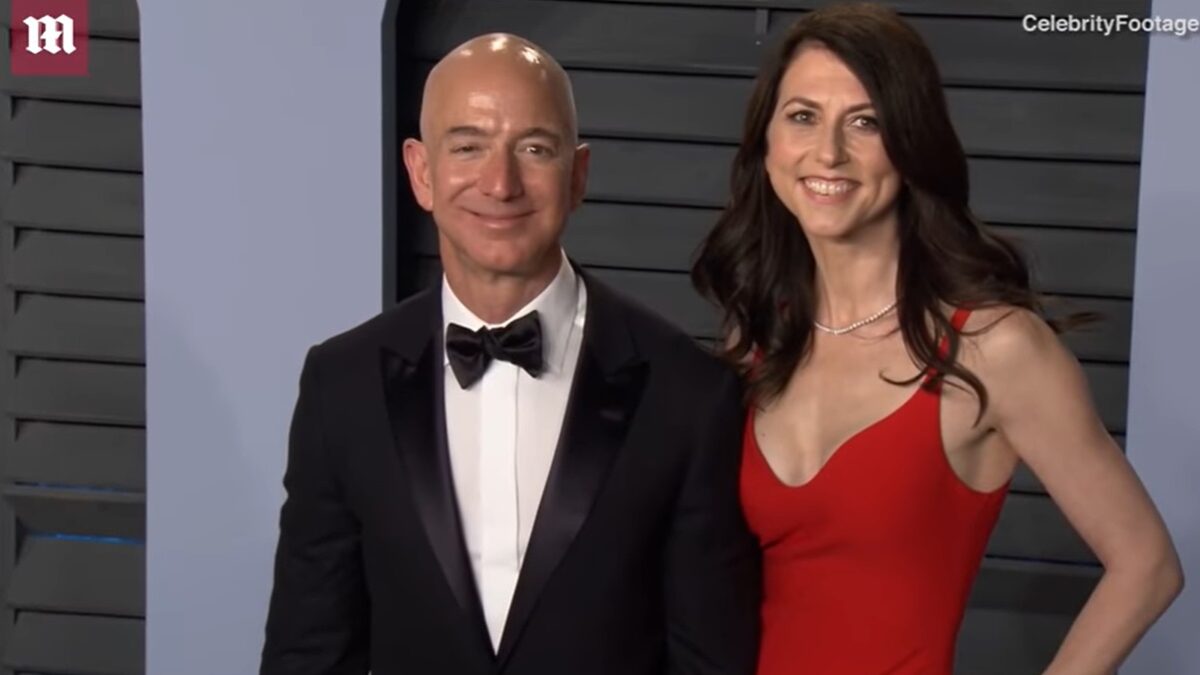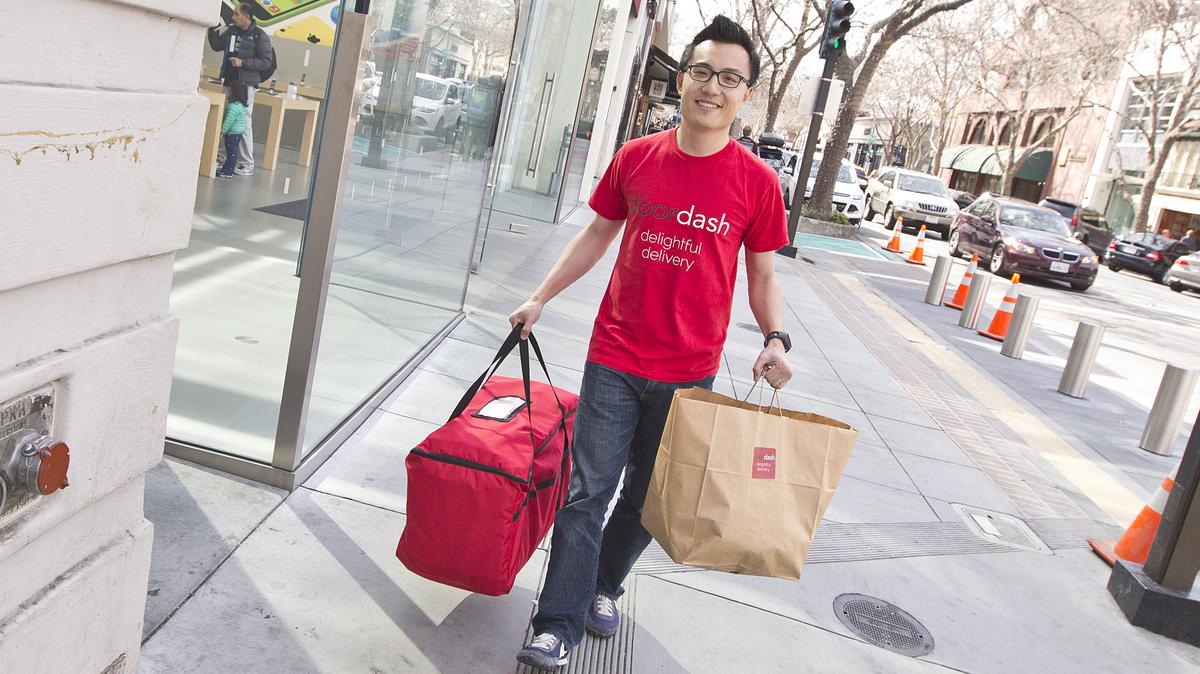Chick-fil-A founder S. Truett Cathy died this morning surrounded by family. He was 93. And what a legacy he left. He opened his first diner outside Atlanta with his brother in 1946 and opened Chick-fil-A in Atlanta 20 years later. Now there are more than 1,800 Chick-fil-A fast food restaurants in 39 states and the nation’s capital. (Also, I walked past their DC food truck last week and was so sad because I was on my way to lunch. Almost stopped anyway.) And they all sell the most wonderful chicken sandwich you will find inside or outside a fast-food restaurant.
From such humble beginnings, the privately held company now has annual sales that top $5 billion and 46 consecutive years of positive sales growth. And all this despite giving employees the day off on Sunday, a decision that has inspired musicians to do important and high-level art.
Mr. Cathy became one of the wealthiest Americans. But as beloved as Chick-fil-A is by many of us, he and his family and their company are loathed by activists and many in the media for retaining the natural understanding of marriage. Cathy’s son had said the company backed the biblical definition of a marriage and gay activists called for boycotts and a kiss-in at the restaurant. Some local government officials tried to prevent the company from opening up restaurants in their municipalities and many Chick-fil-A locations were vandalized.
Many Americans were so horrified by the unhinged response of activists and their allies in the media (some of which actually rose up again today with news of Cathy’s death) that they responded by supporting Chick-fil-A simply by eating at the restaurants. A specific day of support was chosen and restaurants around the country could barely keep up with sales. If sales figures for the last couple of years are any indication, that day of appreciation ended up lasting to the present day.
I learned of Chick-fil-A at this general time. An anonymous liberal and neighbor of mine who works for the federal government, according to his Twitter feed, piled on the hate-fest with the following tweet:
Honestly, I don't know why we haven't been boycotting Chick-fil-a for YEARS over their egregious, ongoing use of Styrofoam cups.
— delrayser (@delrayser) July 23, 2012
Turns out there is nothing I like more — and nothing more difficult to find — than a fountain soda with chipped ice served in a styrofoam cup. One of my long-time friends introduced me to this delicacy and we used to search high and low for this simple pleasure. I immediately got in the car and drove to the closest Chick-fil-A. Turns out the restaurant near me doesn’t have chipped ice but something approximating it. I was happy enough.
But what shocked me more than anything was that I was treated like royalty. I was treated like royalty at a fast food restaurant. I was treated like royalty at a fast food restaurant on the East Coast. It was a Christmas miracle (in July).
Growing up out West, I was familiar with the concept of customer service at such dining establishments being something other than a barely comprehensible angry person yelling at me and giving me something poorly prepared that I didn’t order. I had faint memories of not-bad service, but absolutely nothing like what I was treated like at my local Chick-fil-A. Everyone was happy and competent and working together like a team.
My family went back for a meal a few days later and it was the same thing. I’m not a huge fast food fan but if we go, we now go to Chick-fil-A. One of my kids actually requested it for her promised meal following all those shots you get at your four-year-old doctor’s appointment.
Turns out this is actually all part of their corporate motto, which reads:
"To glorify God by being a faithful steward of all that is entrusted to us. To have a positive influence on all who come in contact with Chick-fil-A.”
This extends even to guys who are horrible jerks who harass drive-thru Chick-fil-A clerks for having corporate bosses with different political views. If you watch that video, you will be amazed by the seemingly super-human strength she has in remaining kind in the face of some guy competing in a meanest-person-of-the-week contest. One Chick-fil-a gave free meals to the people protesting them!
I was recently traveling alone with my kids in Colorado and hit the insanely busy Chick-fil-A in my hometown and the service was so good that it almost made me cry. OK, it made me cry. How do they even do that? How do they have each store make this excellent food and have great service? I’m so confused only because it’s such a rarity on both fronts.
Anyway, back to Truett, who is awesome. He grew up super poor and attributed his hardworking nature to that, which is something that all of us who grew up on the lower end of the family income scale can understand. My colleague David Harsanyi gets on me for romanticizing such things but I think Truett does a great job explaining some of what is positive about such experiences:
"I've experienced poverty and plenty and there's a lesson to be learned when you're brought up in poverty," he said in 2007. "I had to create some good work habits and attitude."
Because he’d seen both extremes, he was both generous with those who had rough circumstances and also inspirational about the importance of making good decisions, no matter the context. He set up the WinShape Foundation nearly 30 years ago to provide scholarships and youth support programs. He created long-term programs for foster children in the South. And he taught Sunday School at his church for a long time. When two girls caused $30,000 worth of damage to his house, he worked out a deal with their parents to avoid prosecution while also reinforcing the importance of making good decisions. And as is abundantly clear from just visiting a Chick-fil-A or knowing any of their employees, the young people who work there are some of the happiest and most grateful employees in that industry. And that includes one sitting U.S. Senator from South Carolina:
RIP Truett Cathy. A @ChickfilA operator changed my life, and it wouldn't have been possible without Mr. Cathy. pic.twitter.com/YWB72vM1O1
— Tim Scott (@SenatorTimScott) September 8, 2014
He was known for his business acumen and wisdom about keeping the company private. He set up a contract with his kids that said they could sell the company but not let it go public.
His strategy for success was “being courteous, cautiously expanding a business and not being burdened with debt.”
Not bad advice for all of us, no matter our endeavors. And a great message of civility in the face of increasing intolerance.









